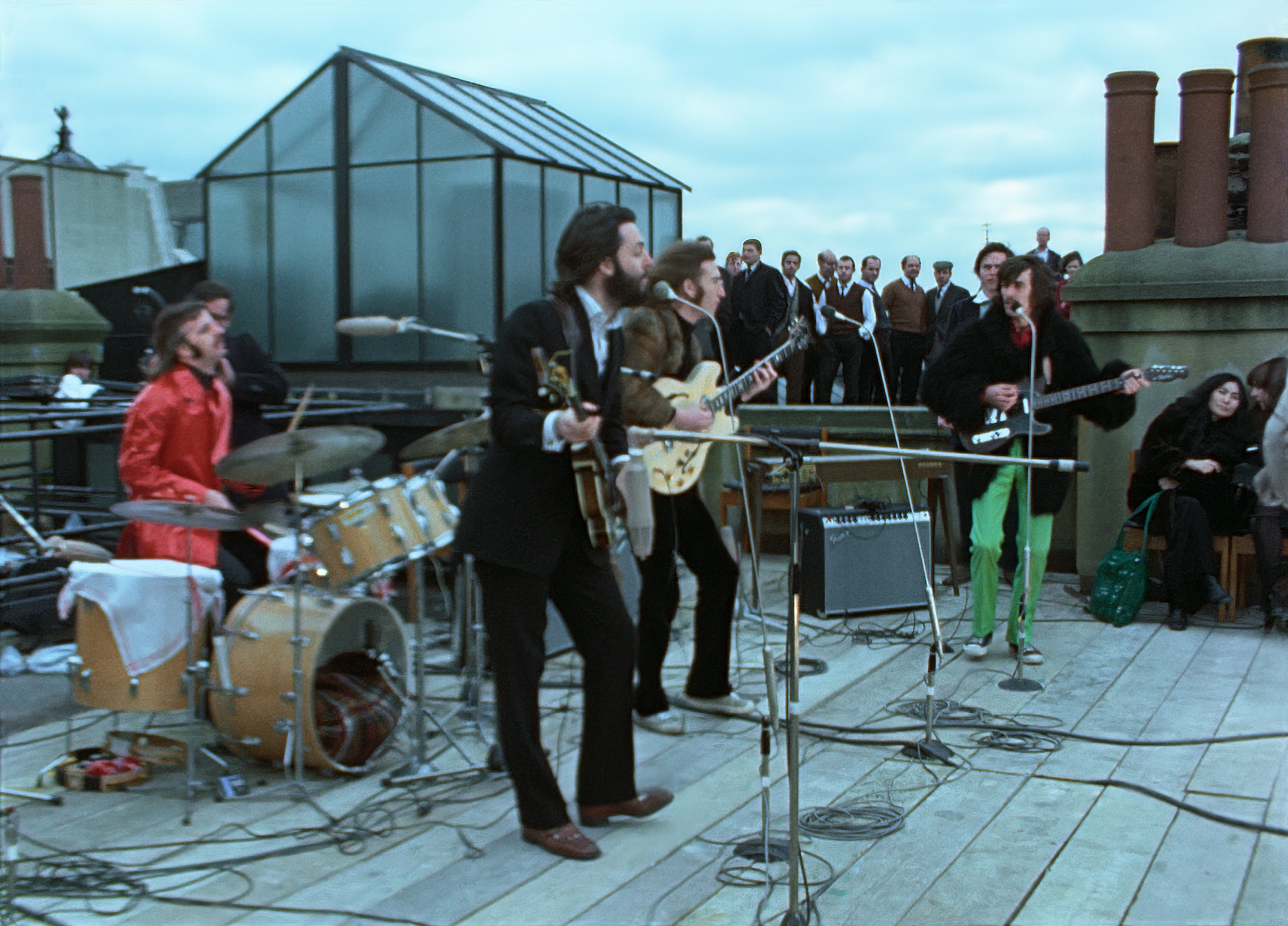Paul McCartney has utilized AI technology to isolate the late John Lennon‘s voice from a 45-year-old demo and complete what he says will be a final Beatles song that will be released later this year. Macca told BBC Radio 4 today (June 13) that the same technology was instrumental in bringing out new audio details in Peter Jackson’s 2021 Beatles documentary Get Back.
“[Jackson] was able to extricate John’s voice from a ropey little bit of cassette,” McCartney said. “We had John’s voice and a piano and he could separate them with AI. They tell the machine, ‘That’s the voice. This is a guitar. Lose the guitar.’ So when we came to make what will be the last Beatles record, it was a demo that John had [and] we were able to take John’s voice and get it pure through this AI. Then we can mix the record, as you would normally do.”
Although he did not provide further details on the song or its name, it is believed to be “Now and Then,” a rough vocal-and-piano cassette demo Lennon made in 1979 towards the end of a years-long retreat from the music business. With help from producer Jeff Lynne, McCartney, Ringo Starr, and George Harrison spent a day trying to turn it into a complete song during 1995 sessions for the Beatles Anthology, but could not agree on a path forward and left it unfinished.
Two other “new” Beatles songs were created from similar Lennon demos for the project, “Free As a Bird” and ‘Real Love.” However, McCartney has mentioned in interviews for years that he one day hoped to revisit “Now and Then,” which has long circulated as a bootleg.
The 80-year-old rock legend had already incorporated elements of AI on his 2022 tour, during which he sang “I’ve Got a Feeling” live in tandem with vocals and footage of Lennon recorded during the Beatles’ 1969 rooftop concert. He also acknowledged ongoing use of the technology could be far more problematic than the AI-generated Beatles fakes now easily found online.
He said, “I’m not on the internet that much [but] people will say to me, ‘Oh, yeah, there’s a track where John’s singing one of my songs,’ and it isn’t. It’s just AI, you know? It’s kind of scary but exciting, because it’s the future. We’ll just have to see where that leads.”
McCartney’s new book, 1964: Eyes of the Storm, was released today and features his own photographs shot in New York and Paris during a pivotal three-month window of the Beatles’ meteoric rise to fame. An in-person exhibition of the work is running through the end of the month at London’s National Portrait Gallery.





